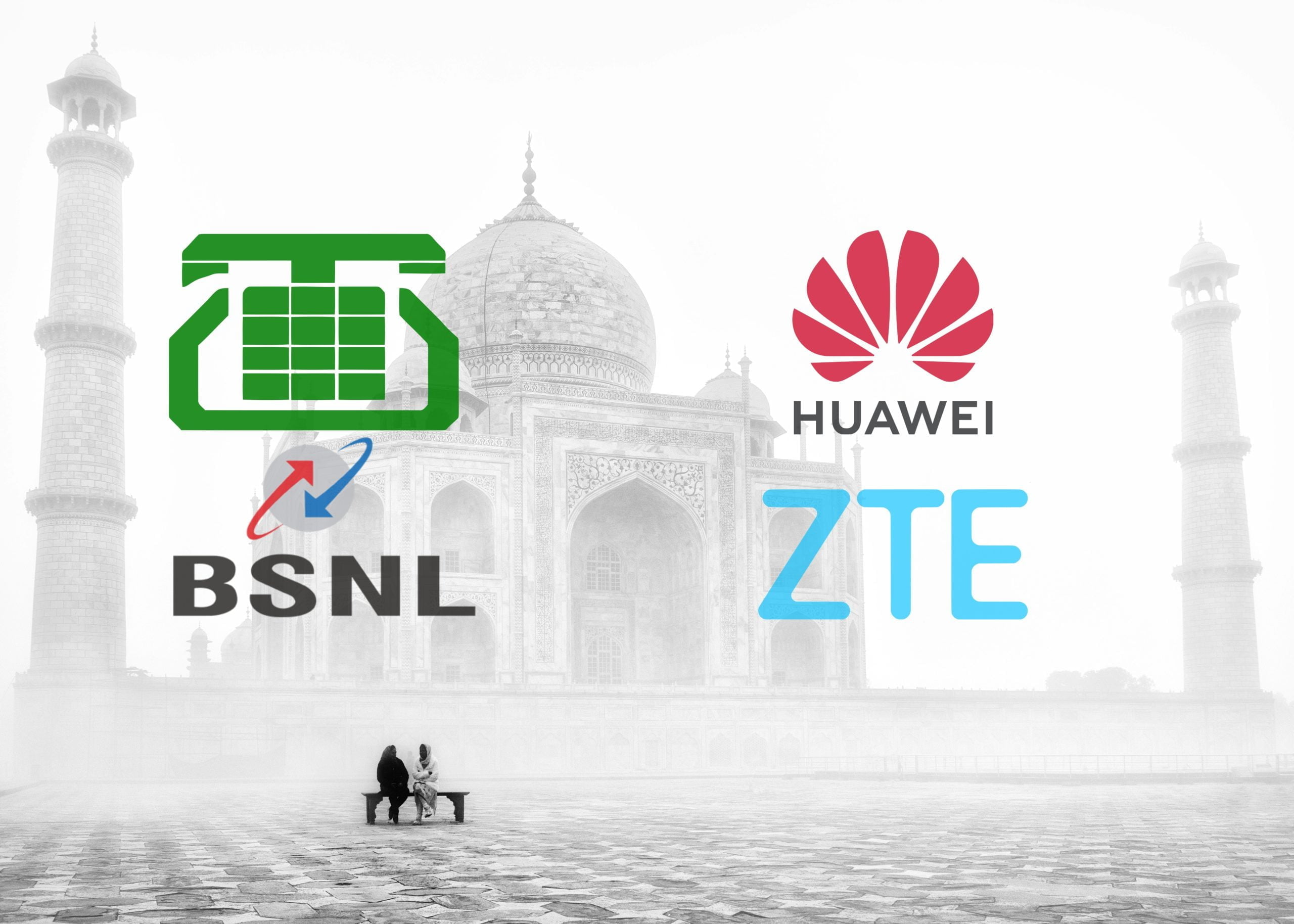The dispute between India and China has taken a new turn, with the Indian government making a big decision to ban Chinese goods. The Indian government has directed the Department of Telecommunications (DoT) to prohibit the use and purchase of China-made telecom gears/ equipment.
DoT has commanded the state-owned telecom companies, Bharat Sanchar Nigam Limited (BSNL) and Mahanagar Telephone Nigam Ltd (MTNL), to stop using Chinese equipment their 4G network upgrade project immediately, and other subsidiaries to boycott Chinese supplies.
Chinese companies are facing backlash from the public in India after 20 Indian soldiers were killed by Chinese forces in a Himalayan border dispute. The Indian public took over social media, where campaigns urging Indians to boycott Chinese goods started to flood. To ensure national security, India has created a great wall in front of Chinese investments to protect ailing Indian businesses from Chinese takeovers.
India’s revised FDI policy during coronavirus pandemic
The government of India recently revised its foreign direct investment (FDI) policy amid the COVID-19 pandemic in a specific move toward China. Revised FDI policy bars china from automatic investments.
Not only China, but the amendment also disallows countries sharing land borders with India to invest in India through the centralized route. It means they would require the approval of the government of India to invest in Indian companies.
It was already applicable to Pakistan and Bangladesh, but now it has extended to China, Nepal, Myanmar, and Bhutan. The policy amendment took place when China’s central bank raised its stake in Housing Development Finance Corporation (HDFC) Bank during the economic slowdown amid the coronavirus pandemic.
Indian companies to revise their regulations.
India is one of the largest telecom markets in the world. The Indian telecom market hugely depends on the Chinese equipment/gears as they are cheaper than other Asian and European vendors. The restriction from the Indian government is mainly targeted towards Chinese telecom gear makers Huawei and ZTE. Last year, India announced an almost $8 billion worth plan for BSNL and MTNL to work on new projects. Indian government wants to ensure they buy equipment other than China.
Moreover, telecommunication companies were told to revise terms and conditions to reduce the participation of Chinese companies in the process of tender. They are also advised to cancel previous bids, if any, for telecom equipment.
Read also: Huawei is the top telecom manufacturer in the world.
Trading with Chinese tech firms controversial not only in India
India is not the only country to take such actions against Chinese entities. The US has also announced strict restrictions against Chinese tech firm, Huawei. The US government suspects the interlink between Huawei and the Chinese government may invade national security by using the networking equipment to spy.
In 2019, Huawei was added to the US Department of Commerce’s Bureau of Industry and Security Entity List and President Donald Trump strictly banned Huawei from US communications networks. In 2020, the order extended until 2021.
Conclusion
China is one of the most active investors in Indian start-up companies. Numerous construction projects, network businesses, and Indian start-ups have shareholders of Chinese companies. However, India is still set to boycott the Chinese goods to reduce dependency and the risk of rising opportunities takeovers during an economic slowdown.
India is the second-largest smartphone market in the world. Altogether Chinese smartphone brands have captured 73% of the Indian share market in 2019, which is an increased value from 60% in 2018. If the controversy expands to banning Chinese smartphones, it can probably hurt the Indian consumers and the smartphone market’s profit. As we know, people prefer Chinese Smartphones due to good-value for money characteristics.
Not only India, but several countries are shutting their trades with Chinese tech vendors fearing their national security. Though the US focuses on curtailing those Chinese networking suppliers, US companies have approvals to work with Huawei on the 5G network standards. UK companies will also work with Huawei on next-generation technologies by setting standards.
So, would it be possible for India to ban trade with one of the world’s largest tech giants to work on 4G and 5G projects in India?













